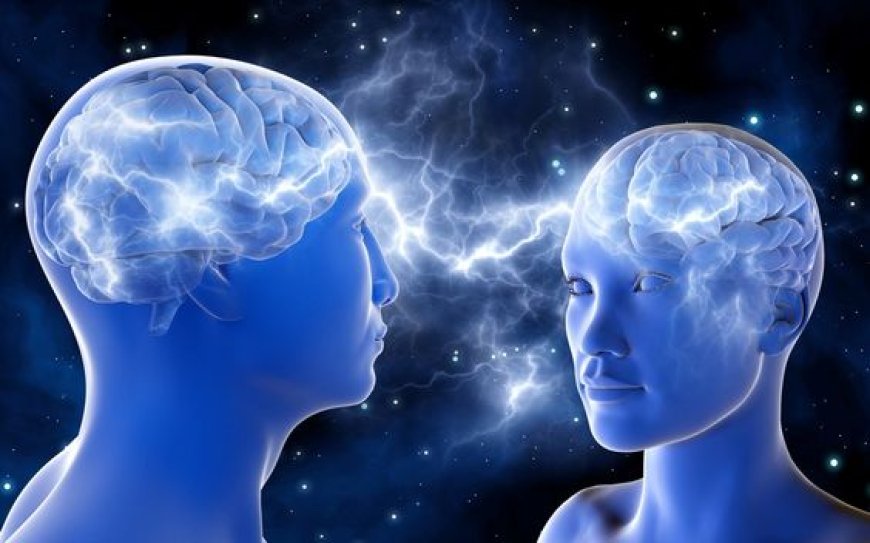What role do 'mirror neurons' play in human behavior and social interaction?
Reflecting Humanity: Unveiling the Secrets of Mirror Neurons

Few discoveries in the complex field of neuroscience have generated as much interest and discussion as the identification of mirror neurons. With their ability to provide light on the intricacies of empathy, imitation, and even learning, these specialized brain cells are extremely important for our comprehension of human behavior and social interaction.
Examining Mirror Neuron Mysteries
Mirror neurons are a class of neurons located in the motor cortex of the brain that fire when a person performs an action and when they see someone else perform the same action. These neurons were first identified in the 1990s by a group under the direction of Giacomo Rizzolatti. Their implications for social cognition have since enthralled researchers and psychologists.
Mirror Neurons' Function in Understanding and Empathy for Others

The connection between mirror neurons and empathy is among their most fascinating features. These cells seem to help us comprehend and connect with the feelings, motives, and behaviors of others. Our mirror neurons frequently fire when we see someone else in happiness, pain, or sadness. This allows us to "mirror" those emotions to some degree, which promotes empathy and emotional connection.
The Link Between Imitation and Mirror Neurons
Mirror neurons have a fascinating connection to imitation. These neurons may be the foundation for our ability to mimic other people's behaviors, opening the door for social learning and the transmission of cultural norms. Mirror neurons appear to be essential for our capacity to imitate and absorb information from our environment, from developing simple motor skills in infancy to mastering sophisticated behaviors in later life.
Mirror Neurons in the Background of Nervous Conditions
Comprehending mirror neurons has also provided insight into a number of neurological disorders. These neurons' malfunctions have been linked to diseases like autism spectrum disorders, which are characterized by a high prevalence of social interaction and empathy problems. Cracking the code of mirror neurons may provide light on how these disorders arise and are treated.
The Consequences for Therapy, Education, and Other Fields
Research on mirror neurons has far-reaching implications outside of theoretical neuroscience. Leveraging our understanding of these neurons to transform teaching strategies can highlight the importance of social learning and imitation in the classroom. Furthermore, understanding mirror neurons can help in the development of interventions that improve social skills and empathy in therapeutic settings.
The Continual Search for Mirror Neuron Enigmas
Even with the advancements in mirror neuron research, many questions remain. Researchers are still learning more about these neurons' depths, their complexities, and their wider ramifications for social dynamics, cognition, and behavior in humans.
To sum up, mirror neurons are proof of the wonders of the human brain. Their findings have shed light on the complex neural processes that underlie empathy, imitation, and social cognition and provided insight into the basic elements of what makes us human.
The profound impact of mirror neurons on our comprehension of human behavior and social interaction will surely continue to captivate scientists and inquisitive minds alike as research in this field advances.























































